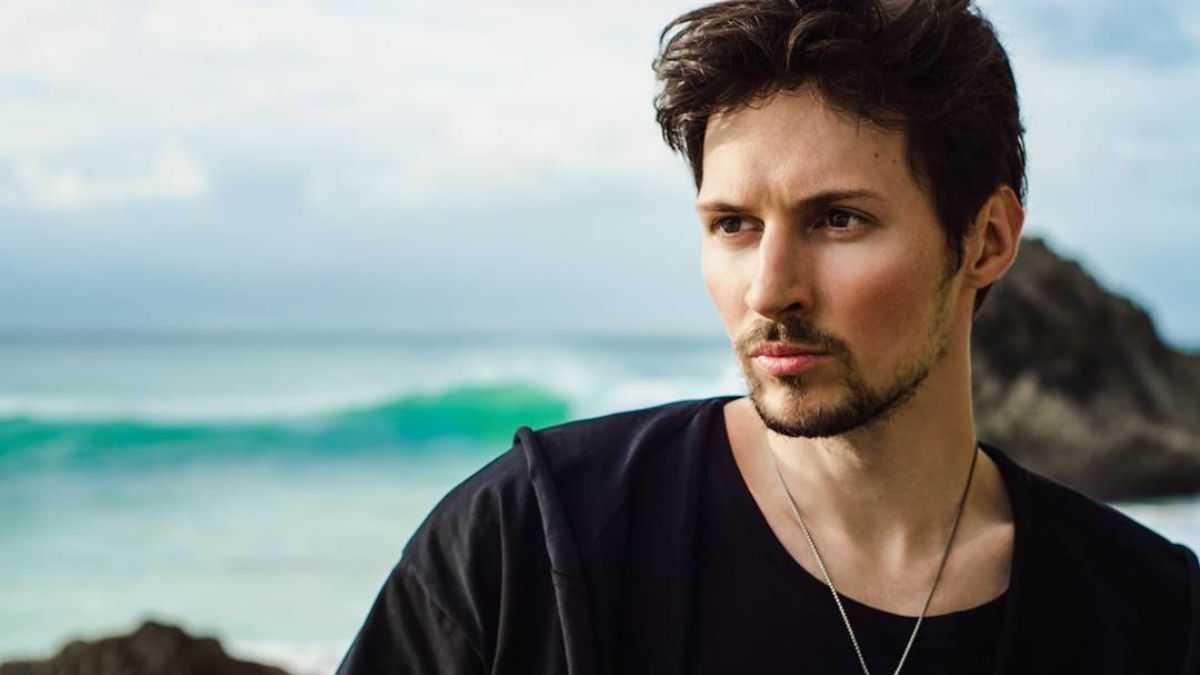
Pavel Durov is one of the most enigmatic and influential figures in the tech world. Known for founding two of the most popular digital platforms of the 21st century—VKontakte and Telegram—Durov has been compared to Elon Musk for his disruptive style, billion-dollar fortune, and more recently, for revealing that he has fathered over 100 children. This revelation, added to a life already full of controversy and tech feats, has sparked deep public interest in his persona.
ALSO READ. Password Leak: What We Know About the Massive 2025 Data Breach
How many children does Pavel Durov really have, and how were they conceived?
In an interview published by the French magazine Le Point, Pavel Durov admitted to having fathered more than 100 children, not only through romantic relationships but also through sperm donations. The 40-year-old Russian entrepreneur explained that he does not differentiate between his six children from relationships with three different women and the others, conceived through sperm banks.
This surprising revelation aligns with his life philosophy based on principles of equality and individual freedom. Durov explained that over the course of 15 years, he donated sperm after a doctor told him it was his “civic duty” to share his “high-quality genetic material.” This idea parallels Elon Musk’s own beliefs—Musk himself is the father of 14 children.
ALSO READ. 7 Brew will open new stores in the United States! Check out where!
What is Pavel Durov’s net worth?
According to estimates by Bloomberg, Pavel Durov’s fortune is valued at approximately $13.9 billion, although he himself downplays these numbers, clarifying that it’s a theoretical valuation based on Telegram’s potential. “My liquid assets are much lower—and they don’t come from Telegram, but from my investment in bitcoin in 2013,” the tech mogul explained.
Pavel Durov revealed that he has already written his will and decided to divide his fortune among all his children. However, none of them will have access to the money until 30 years from now. His goal, he explained, is for them to live like regular people, learn to rely on themselves, and develop their own capabilities.
What is Telegram?
Telegram, the encrypted messaging app founded by Durov and his brother Nikolai in 2013, has reached nearly one billion monthly active users. It is especially popular due to its strong commitment to privacy, end-to-end encryption, and its ability to host massive groups and channels with millions of followers.
However, this same focus has also stirred controversy. In 2024, Durov was arrested in Paris on suspicion of aiding crimes such as money laundering, drug trafficking, and the distribution of child pornography via his platform. He dismissed the accusations as “absurd.”
“The fact that criminals use our messaging service among many others does not make those who run it criminals,” he asserted.
Who is Pavel Durov? A brief biography
He was born on October 10, 1984, in Leningrad, Soviet Union. Pavel Durov spent much of his childhood in Turin, Italy. He returned to Russia to graduate in 2006 from Saint Petersburg State University, where he launched his first student forum. Inspired by Facebook’s global success, he created VKontakte (VK), which quickly became Russia’s most popular social network.
During his time at VK, Durov was dubbed “the Russian Mark Zuckerberg”, but his libertarian principles soon clashed with Vladimir Putin’s government. In 2014, he was removed as CEO after refusing to hand over data on Ukrainian protesters, leading to his voluntary exile and current residence in Dubai.
Throughout his career, Durov has staunchly defended the right to privacy and freedom of expression on the internet. His refusal to collaborate with authoritarian governments, his early investment in bitcoin, and his determination to keep Telegram surveillance-free have made him a symbol of digital resistance.
Unlike other tech figures, Durov avoids the spotlight. He maintains a discreet profile, almost always dresses in black, and has expressed a preference for silence over celebrity. Yet his actions speak louder than his image: he has created platforms that impact millions and has shaped a new way of wielding power in the digital age.










